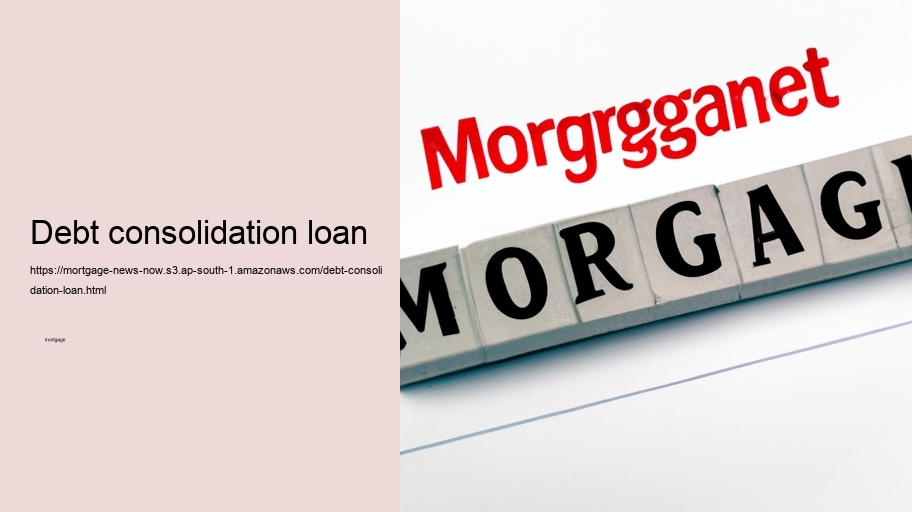So be sure to check with an experienced financial advisor who can explain all the details in order to avoid any surprises down the road! It's also wise to review your own financial situation carefully before deciding whether or not this type of loan is right for you. Furthermore, having an experienced negotiator or lawyer involved can help strengthen your position during negotiations. What Is the Right Mortgage for You? Choosing the right mortgage (for you) can be a daunting task. Be sure to ask plenty of questions and understand all terms clearly - including interest rate and repayment length - so you don't get blindsided by hidden fees or worse! Ultimately, if done right, a jumbo loan can provide significant financial benefits for those who qualify. However, if rates are low when you apply for a mortgage, an adjustable-rate may save you money in the long run as it varies depending on market conditions. In conclusion, although a Home Equity Line Of Credit (HELOC) has its advantages such as low-interest rates and flexible repayment terms -it should be considered carefully since there is potential risk involved and tax implications which may arise! Therefore, do your research thoroughly beforehand and talk with professionals so that you know exactly what you’re getting into! Nevertheless, in certain scenarios this type of loan can prove extremely beneficial – so don't hesitate too long before making your decision!What Are VA Loans and Who Can Qualify For Them? VA loans are a great option for those in the military or veterans to buy a home. In addition, online mortgage shopping allows you to compare rates and terms from various lenders in a matter of minutes. You don't have to waste time and money traveling to different banks or lenders in person. Make sure each offer meets all of your criteria and think about how comfortable you feel working with each one before making a final decision! All in all, finding an ideal lender takes patience but it'll be worth it in the end when you secure great rates and service that fits your budget perfectly!How to Use Pre-Approval To Leverage a Better Deal on Your Mortgage Applying for a mortgage can be daunting, but leveraging pre-approval can help you get the best deal! Pre-approval is an initial assessment of your financial situation that estimates what loan amount and rate you are likely to qualify for (based on your income, debt, assets, etc.). The accrued interest is added onto what was initially borrowed - meaning that when it comes time to pay back the loan, you may owe significantly more than initially borrowed! Furthermore, not everyone qualifies for this type of loan.
mortgages
